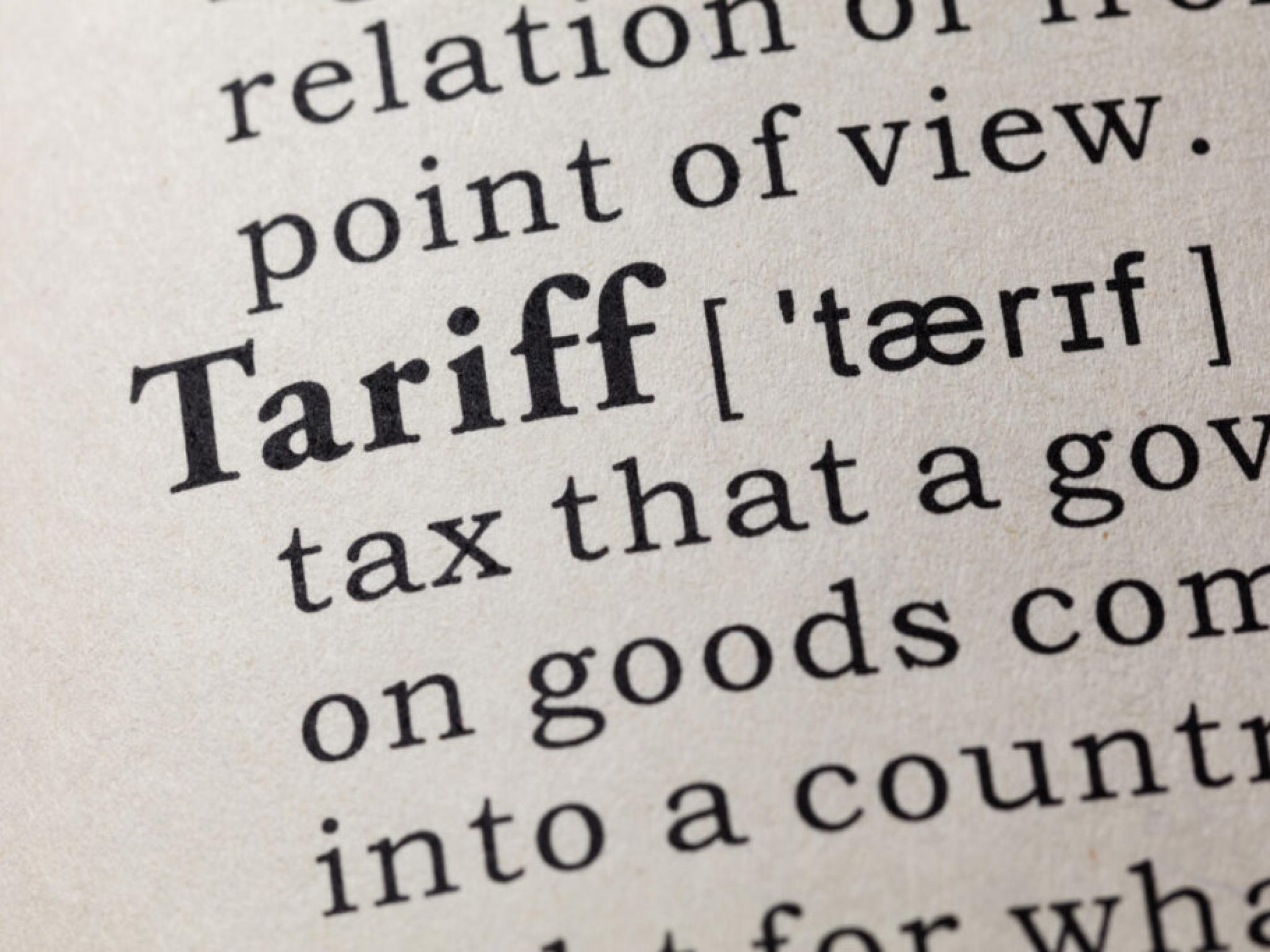No Income Tax, Yes To High Import Tariffs? Trump Floats Idea To CEOs, GOP Lawmakers
Author: Hayden Buckfire | June 13, 2024 02:07pm
Former President Donald Trump has changed the Republican Party’s economic policy in recent years, opting for protectionism and tariffs in a historic departure from conservative norms. Trump floated a new policy idea to CEOs and lawmakers in a meeting ahead of the 2024 election.
What Happened: Citing anonymous sources, CNBC reporter Emily Wilkins wrote Trump floated the idea of eliminating income taxes in favor of an “all tariff policy” to lawmakers and CEOs on Thursday.
According to CNBC, Trump is joined at a Business Roundtable meeting by influential business leaders, including Blackstone CEO Steve Schwarzman, JPMorgan Chase CEO Jamie Dimon, Carlyle Group CEO Harvey Schwartz and AT&T CEO John Stankey, among others.
While the roundtable historically approved of Trump’s tax policies, it has turned a less favorable eye to his protectionist tariffs. Trump’s tariffs have historically targeted Chinese goods, intending to help domestic manufacturing and workers.
Why it Matters: Trump’s policy would likely act as a highly regressive tax, benefitting the wealthy while straining lower-income Americans’ pocketbooks. About 40% of Americans, those typically in low-income households, pay no income tax; instead, they would be burdened by higher prices for goods. Low-income individuals’ spending on goods accounts for a higher percentage of their total net worth than high-income individuals.
Trump’s tariff policy, enacted when he was in office, raised only $63 billion in 2019, according to NPR. The federal government raised $1.7 trillion through income taxes in 2024. A rebalancing of federal tax income would either require an extreme increase in tariffs, a reduction in government spending (likely on Social Security or Medicaid), or both.
In a post on X, economist Paul Krugman estimated that Trump would need to implement an average tariff rate of 133 percent to sustain the policy.
Markets Implication: Trump’s “all tariff policy” would likely be bad news for sectors heavily reliant on imports.
Companies in the Consumer Discretionary Select Sector SPDR Fund (NYSE:XLY) and Vanguard Consumer Discretionary ETF (NYSE:VCR) may face much higher import costs for goods. Many technology companies rely on global supply chains and may be subject to increased costs due to tariffs on imported components. ETFs like the Technology Select Sector SPDR Fund (NYSE:XLK) and Vanguard Information Technology ETF (NYSE:VGT) could be affected.
In contrast, ETFs reliant on domestic manufacturing could stand to benefit. An example is the First Trust RBA Amer Industrial Renaissance ETF (NASDAQ:AIRR).
If Trump specifically targets Chinese goods, it could be good news for other international manufacturers. The iShares MSCI Japan ETF (NYSE:EWJ) and iShares MSCI South Korea ETF (NYSE:EWY) are examples of international funds that could export more goods to the U.S. in China’s absence.
Some Trump critics, including ex-Treasury Secretary Larry Summers, have warned that Trump’s economic plan would lead to a rapid increase in inflation and mortgage rates; such a result would affect the entire economy negatively.
Also Read: Biden Vs. Trump: Incumbent Fails To Win Voter Confidence To Steer Economy As New Poll Identifies Inflation As Major Pushback
Photo: Feng Yu via Shutterstock
Posted In: AIRR EWJ EWY VCR VGT XLK XLY





